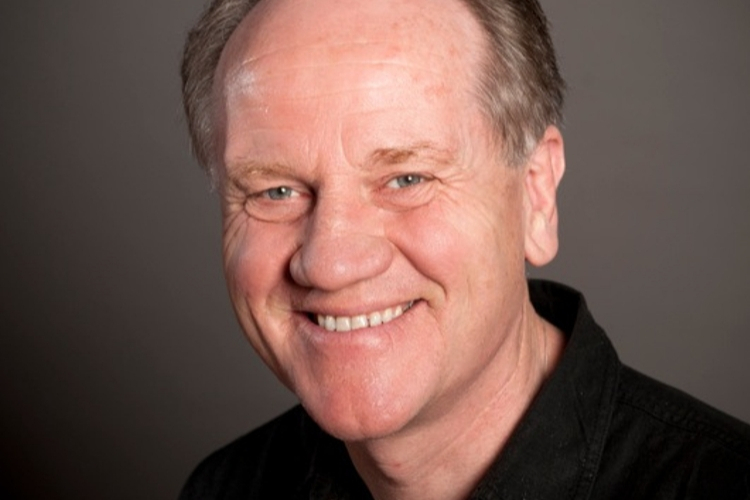SOUNZ recently caught up with composer Kenneth Young to learn more about 'Te Māpouriki', his new work for the NZSO, and about his plans for the 2020 Mozart Fellowship. The NZSO will perform 'Te Māpouriki' in six centres, 17-24 October 2019.
Could you tell us a bit about your upcoming piece for NZSO Tuia 250 commission, 'Te Māpouriki'?
I have approached the composition of this work from the point of view of the dichotomy that I perceive would have existed for Cook in his final years. Cook, the man truly enlightened by his island experiences, and Cook, the man unable to divest himself of his background as a hegemonic absolutist.
Cook was a man of contradictions and was changed by his experiences. During his first two voyages, he had tried to act as an exemplar of enlightened reason. These were scientific expeditions, equipped for systematic observation and enquiry. During the Enlightenment, science was understood as ‘enlarging of the bounds of the Human Empire’… the man of reason was objective, detached and dispassionate, free from emotion and weakness.
 Bar 72-78, violins.
Bar 72-78, violins.
For the last decade of his life, though, James Cook had spent much of his time in Polynesia, where the cosmos and the self were understood quite differently. Mind and heart were not split, nor mind and matter. Through his exchanging of names his spirit got mixed up with ancestral spirits from the islands. When Cook became ‘Tute’ in Tahiti, and ‘Kuke’, ‘Kalani’opu’u’ and ‘Lono’ in Hawaii he became enmeshed in contradictions.
As a Polynesian high chief, he was descended from the gods; as a Briton, he was the son of a lowly farm labourer. As a naval commander Cook was expected to stay aloof and restrained, asserting his superiority over the ’natives’; as a high chief, he was expected to be loyal to his friends, showering them with gifts and respecting their customs.
When Cook formed close associations with a number of island leaders, his relationships and his own men came under pressure, putting shipboard discipline at risk and undermining his authority. The ignominious nature of his death would suggest that, in the end, he was unable to deny the arrogant and imperialistic nature of his temperament and agenda.
 Bar 233-237, brass and percussion.
Bar 233-237, brass and percussion.
Congratulations in being appointed the Mozart Fellow for 2020! What do you plan to work on during your residency?
Thank you. I am both excited and grateful. Having had my first opera, ‘Man, Sitting in a Garden’, premiered earlier this year, I find I’ve now got the bug. I have been asked to write a one-act opera for a wonderful New Zealand vocalist. Can’t divulge the details at this stage.
What are you most looking forward to about living in Dunedin?
I have always loved Dunedin and it’s people. My ancestors first came to New Zealand, from Scotland, berthing in Port Otago in 1862, and so the pull south is significant. It is also close to Central Otago, which is my favourite part of the country.
SOUNZ blog is designed for expressive discussion and debate amongst the arts and broader community. This is intended to be a safe space so please remember to keep comments respectful and avoid personal attacks, criticisms of specific organisations and defamatory language. Comments are moderated to ensure that they comply with SOUNZ’s Community guidelines.
